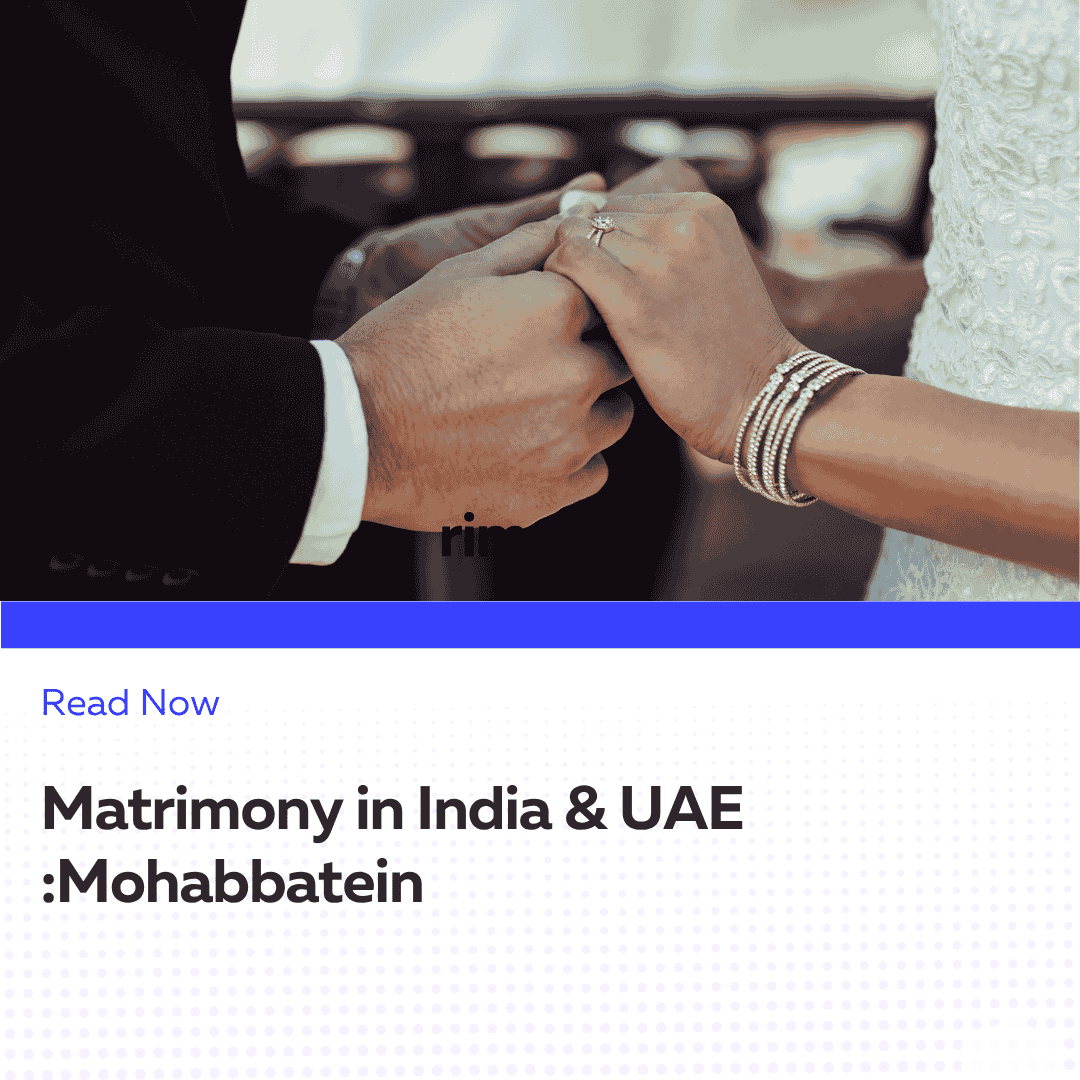Bengali matrimony in India is a unique blend of age-old customs and evolving preferences. Rooted in culture and tradition, Bengali weddings are not just about two individuals, but the coming together of families, communities, and shared values.
The Essence of Bengali Matrimony
At the heart of Bengali matrimony lies a rich tapestry of rituals, traditions, and symbolism. From the Aiburobhaat (pre-wedding feast for the bride or groom) to Shubho Drishti (the auspicious moment when the bride and groom first exchange glances), each step carries deep cultural significance.
Historically, Bengali marriages have been arranged by families, emphasizing compatibility, education, family background, and astrological matching. But with time, individual preferences and love-based decisions are gaining prominence, especially among urban families.
The Role of Matrimonial Platforms
Modern Bengali matrimony has embraced digital matchmaking. Leading matrimonial sites now offer Bengali-specific filters, helping users find matches based on sub-caste, location, education, profession, and even lifestyle choices.
These platforms cater to both traditional families and individuals who seek partners independently. By offering detailed profiles, compatibility scores, and privacy features, they bridge the gap between conventional expectations and contemporary needs.
Cultural Nuances in Bengali Matches
Bengali communities are diverse—comprising Ghoti (from West Bengal) and Bangal (from East Bengal or present-day Bangladesh) identities. While intermarriages between these sub-groups are common, many families still prefer alliances within their own cultural background.
Another important consideration is religion—Bengali Hindu and Bengali Muslim matrimonial practices differ significantly, each with its own customs, rituals, and community expectations.
Importance of Education and Career
In Bengali households, education and career success are highly valued. Families often look for well-educated partners, especially those in professions such as engineering, medicine, academia, or corporate roles.
Women, too, are encouraged to pursue higher studies and careers, which reflects in matrimonial preferences. Many Bengali families today prioritize a progressive outlook alongside traditional values.
Urban vs. Rural Preferences
In urban areas like Kolkata, Bengaluru, or Mumbai, there’s a growing trend toward self-choice marriages. Many couples meet through work, social events, or online platforms and involve families later in the process.
In smaller towns and rural parts of West Bengal, traditional matchmaking methods—through family connections or community events—still dominate. However, even these communities are slowly adopting matrimonial sites for broader reach.
Key Features to Look for in Bengali Matrimony Services
When selecting a Bengali matrimony platform or service, consider the following:
-
Language-specific support (Bengali interface)
-
Verified profiles
-
Filters for caste/sub-caste, education, and location
-
Compatibility tools
-
Personalized matchmaking services
Some of the leading Indian matrimonial platforms now offer Bengali-dedicated sections to cater to this niche but growing demand.
The Future of Bengali Matrimony in India
As more Bengalis move abroad for education and jobs, the scope of cross-border marriages is increasing. NRIs are also turning to Indian matrimonial services to find partners who share their culture and language.
The future of Bengali matrimony lies in flexibility—honoring traditions while embracing modern values. This balance ensures that Bengali weddings remain not just vibrant cultural events but also meaningful partnerships built on trust, love, and mutual respect.









